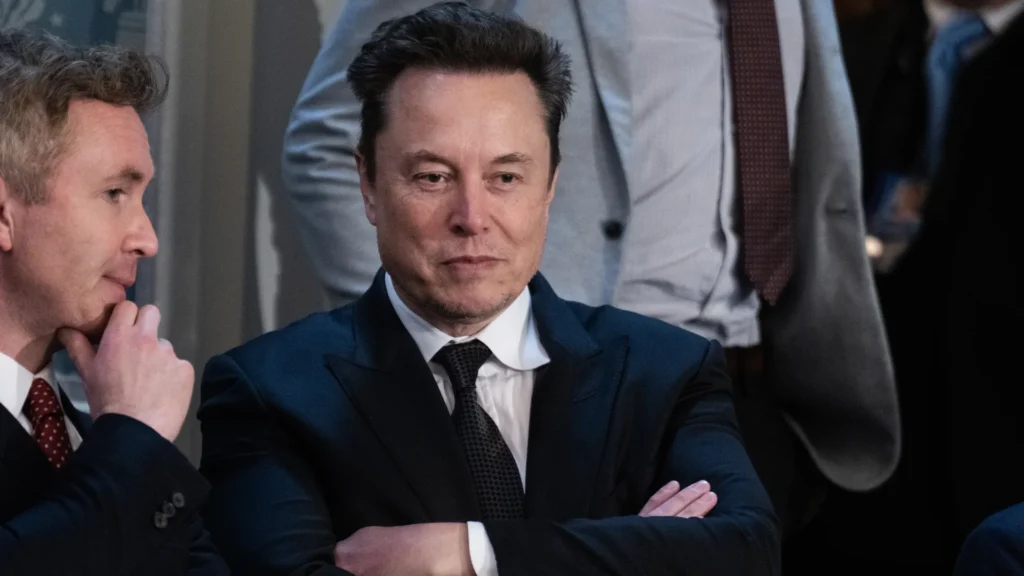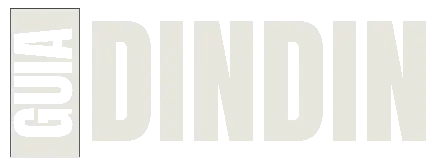
In a significant move, the Brazilian Supreme Court has upheld a decision to block Elon Musk’s social media platform, X (formerly known as Twitter), in response to growing concerns about the platform’s role in disseminating misinformation and hate speech. This ruling has sparked a national debate about freedom of speech, regulation of tech companies, and the responsibility of social media platforms in controlling harmful content. NYTIMES
Brazilian Supreme Court’s Role in Regulating Digital Platforms
The Brazilian Supreme Court has been at the forefront of regulating digital platforms in the country, particularly in light of recent controversies surrounding the spread of disinformation. The court’s decision to uphold the block on X is part of its broader efforts to hold tech companies accountable for the content shared on their platforms. This decision highlights the court’s growing involvement in tech-related legal matters, reflecting the increasing importance of digital platforms in the socio-political landscape of Brazil.
Musk’s platform has been under scrutiny since he acquired it, especially regarding his stance on free speech and minimal moderation. However, the Brazilian Supreme Court has emphasized that the platform’s failure to curb harmful content could lead to real-world consequences, such as undermining democratic processes and inciting violence.
The Controversy Surrounding Elon Musk’s X
The controversy that led to the Brazilian Supreme Court‘s decision revolves around the unchecked spread of harmful content on X. Under Musk’s leadership, the platform has been criticized for rolling back content moderation policies, allowing the spread of misinformation, conspiracy theories, and hate speech. This shift has prompted several countries, including Brazil, to reconsider how such platforms operate within their borders.
The block on X was initially ordered by lower courts in response to mounting evidence that the platform had been used to spread disinformation during political campaigns, threatening the integrity of Brazil’s democratic institutions. The Brazilian Supreme Court‘s panel reviewed the case and decided to uphold the lower court’s ruling, reinforcing the need for tech companies to align with national laws and maintain stricter content moderation.
Implications for Free Speech and Tech Regulation
This ruling by the Brazilian Supreme Court has raised important questions about the balance between free speech and regulation. While X, under Musk, advocates for minimal interference with user-generated content, critics argue that platforms like X have a responsibility to prevent the spread of dangerous content that can fuel hate and misinformation. The Brazilian Supreme Court has sided with this view, asserting that unchecked free speech on social media can have serious consequences for society, including the erosion of democratic norms.
The decision also sends a message to other tech giants operating in Brazil, reinforcing that they must comply with local regulations or face similar sanctions. The Brazilian Supreme Court has made it clear that while Brazil values freedom of expression, it will not tolerate platforms that fail to control content that poses a threat to public safety and democracy.
Elon Musk’s Response and Global Reactions
Elon Musk, known for his outspoken nature, has criticized the Brazilian Supreme Court‘s decision, calling it a blow to free speech. He argues that X promotes an open platform where all views, no matter how controversial, can be expressed. However, this stance has met with resistance, particularly from those who believe that such an approach creates an environment where harmful ideas can spread unchecked.
Globally, the ruling by the Brazilian Supreme Court is being closely watched as other countries face similar challenges in balancing tech regulation with free speech. The decision may set a precedent for how governments worldwide approach the regulation of digital platforms, particularly when they fail to address the spread of harmful content.
Conclusion
The decision by the Brazilian Supreme Court to uphold the order blocking Elon Musk’s X reflects the growing tension between tech companies and national governments over the regulation of online content. While Musk’s platform champions free speech, the court’s ruling underscores the importance of responsible content moderation, particularly when it comes to safeguarding democracy and public safety. As the debate continues, this case will likely influence future regulatory decisions in Brazil and beyond.
Antonio Maracas
Como escritor, minha paixão é transformar ideias em palavras que ressoam com os leitores.
